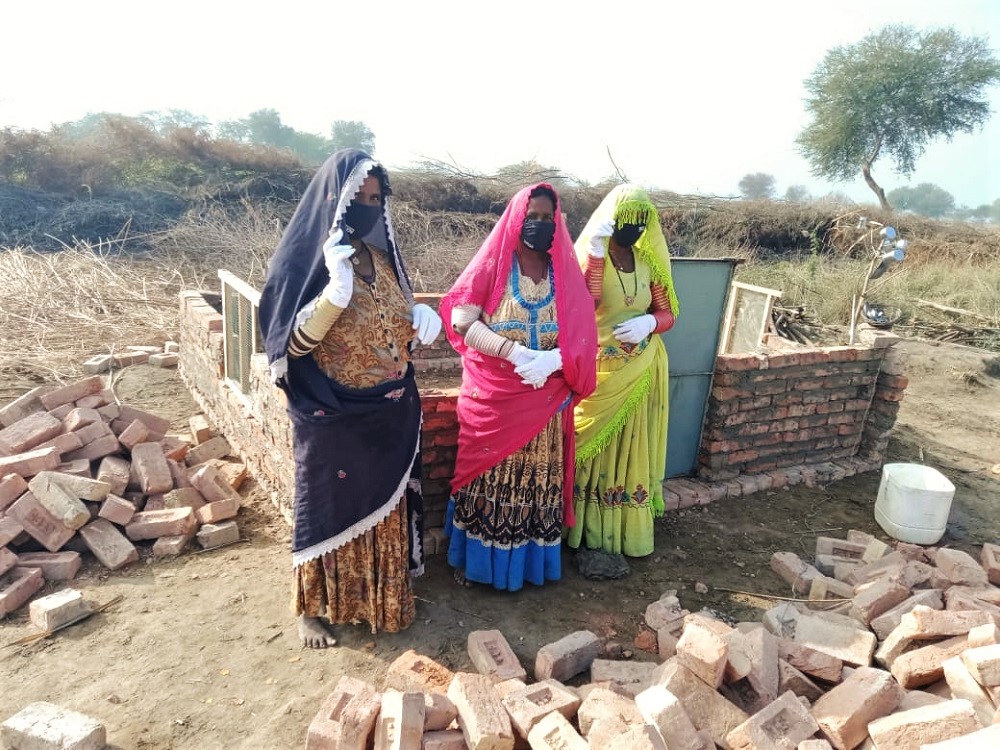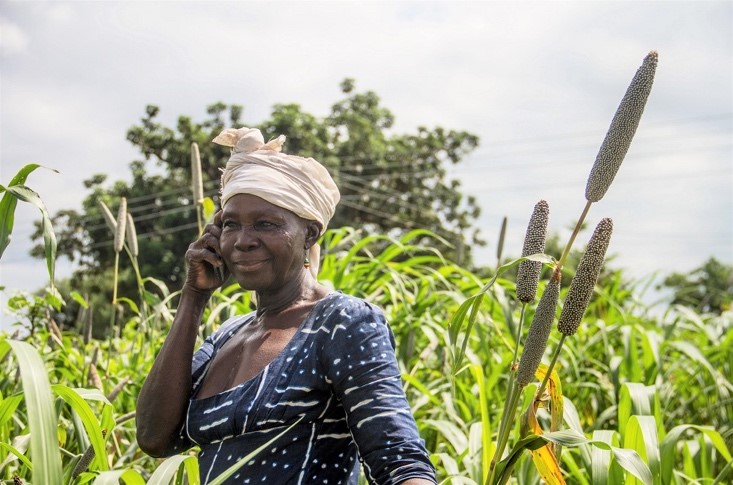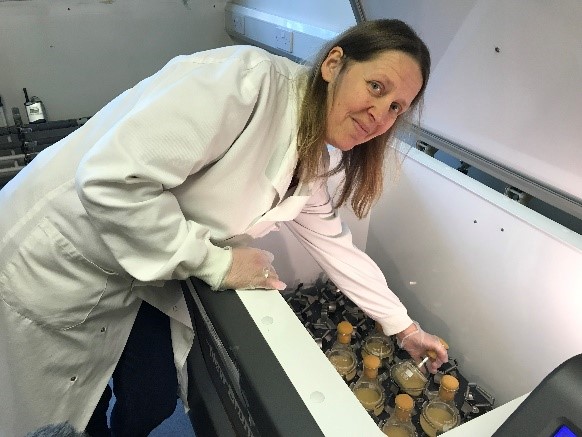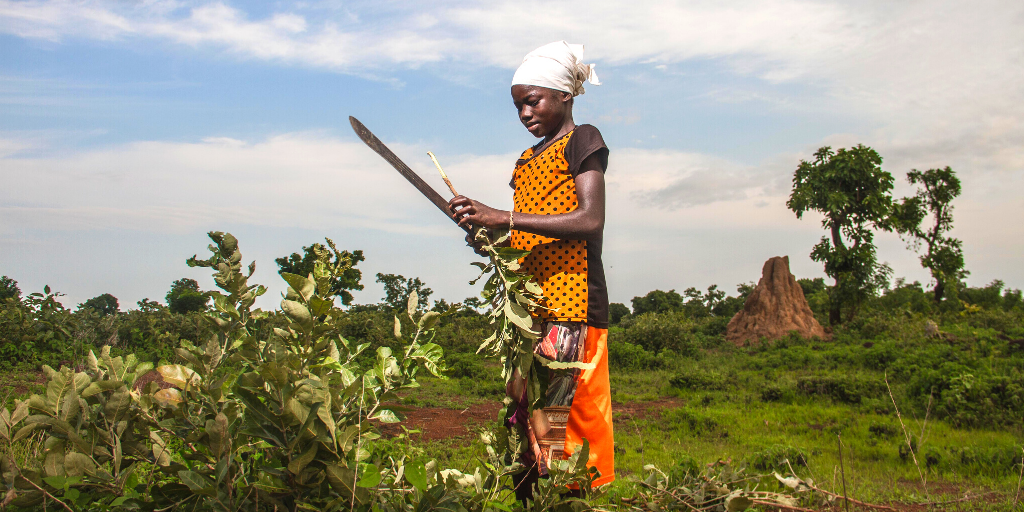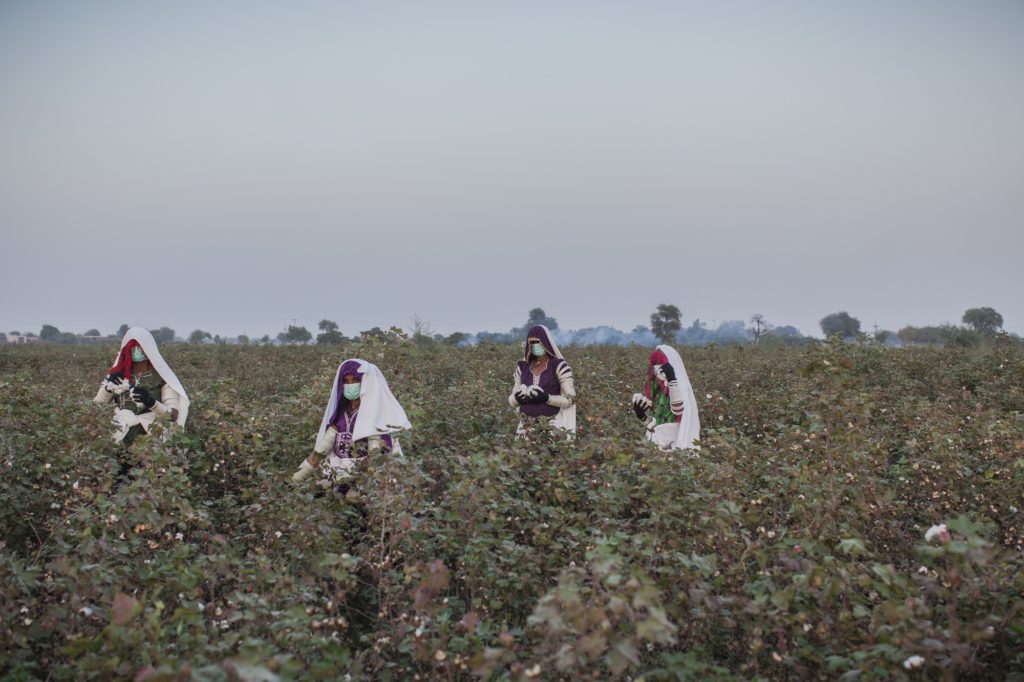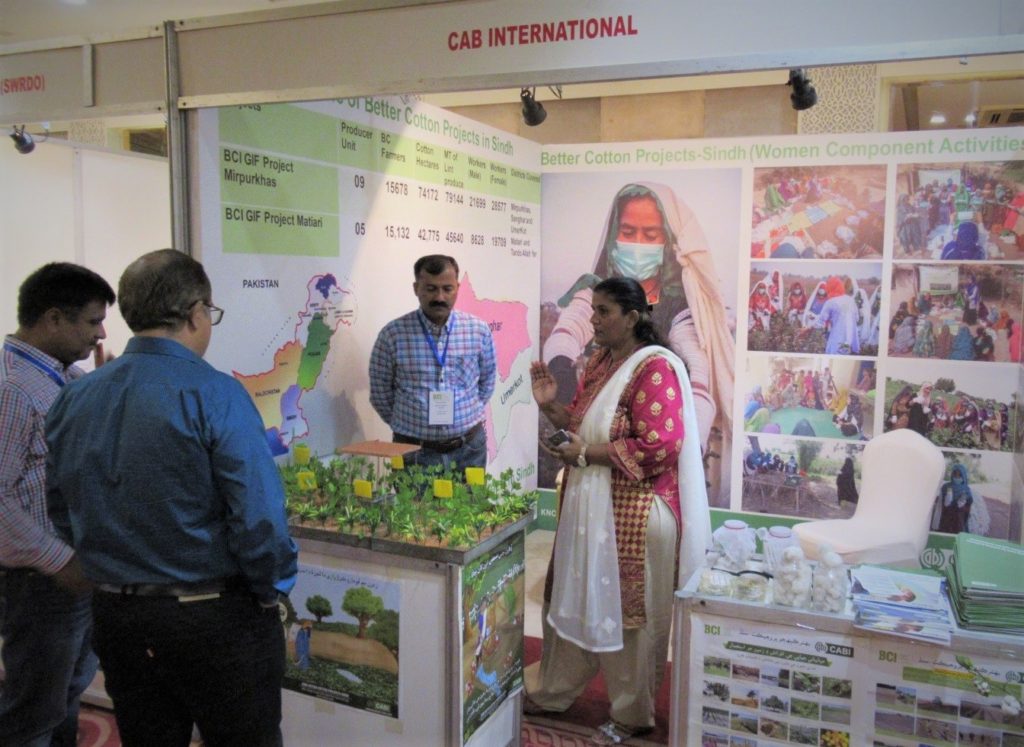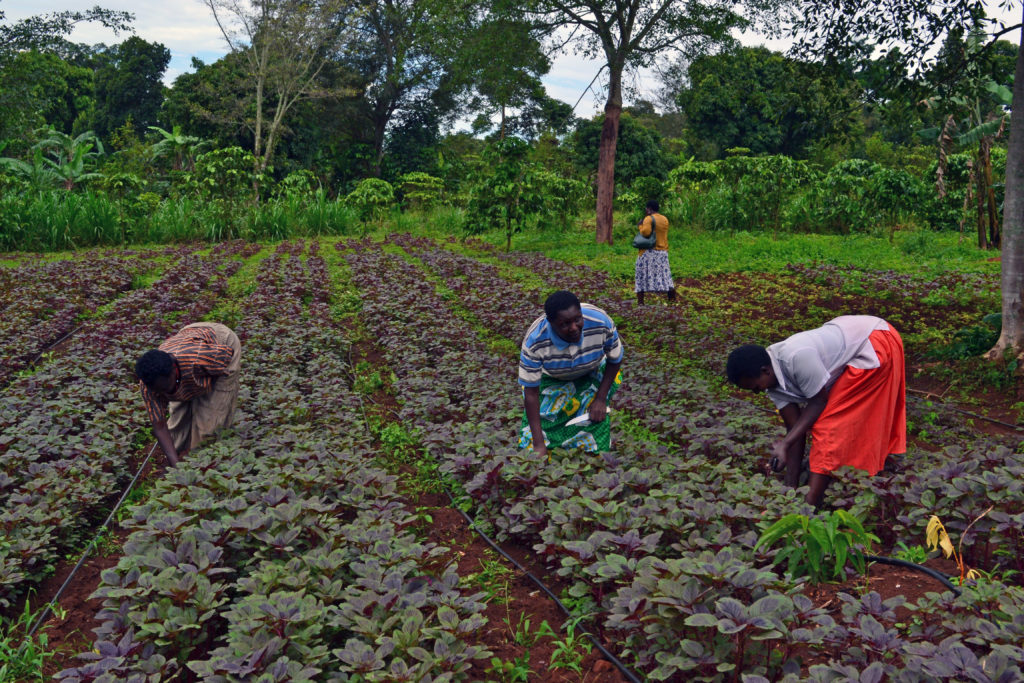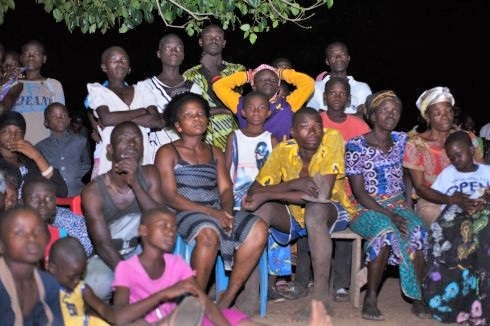When you picture a farmer, are they a woman?
CABI has today published a briefing, Empowering female farmers – Gender responsive programming, which is an overview of gender inequality in agriculture, its challenges and impacts, and how CABI is working to address these through its projects and implementation now and in the future.
“Gender mainstreaming is important because both men and women have equal rights to have their voices heard”
CABI envisions a world in which women, youth, and marginalised communities are included and treated equally in agricultural production. In support of SDG5: Gender Equality, CABI is focused on empowering women in agriculture. As such, this year we welcomed a key new member of staff, Bethel Terefe, as CABI’s first Gender Coordinator. Bethel will be…
Striving for Organic Agriculture Policy and Non-GMO Seed Multiplication in Pakistan
Around 25 million agricultural workers in developing countries suffer from pesticide poisoning each year – including a significant number of women, says the World Health Organization (WHO). The presence of pesticides in food items and their accumulation in tissues has direct toxic effects on humans and other non-target organisms. There are serious ecological and environmental…
Cotton farmer reveals the benefits of sustainable pest management strategies in Pakistan
A cotton farmer from Pakistan has revealed how support from CABI, as part of the Better Cotton Initiative (BCI), is helping her implement more sustainable pest management strategies to protect her crops and produce higher and more profitable yields.
How African Indigenous Vegetables production in Uganda revealed empowered women but struggles in the private sector
African Indigenous Vegetables (AIVs) are a good source of essential vitamins and minerals including micro-nutrients, supplementary protein, fibre, and calories. However, despite their nutritional value, these vegetables have not been a high priority in food programmes. As a result, adequate resources have historically not been allocated to promote their production and consumption. This compounds the…
Village-based film screenings prove a popular way to reach and inform farming families in Northern Ghana
Duncan Sones, from the CABI GALA communications team, reflects on the first two years of the soybean campaign in Northern Ghana. In the last two years, there have been 346 village-based film screenings of films made by CABI to show farmers how to grow soybean. Take into account the use of Facebook for a music-based…

